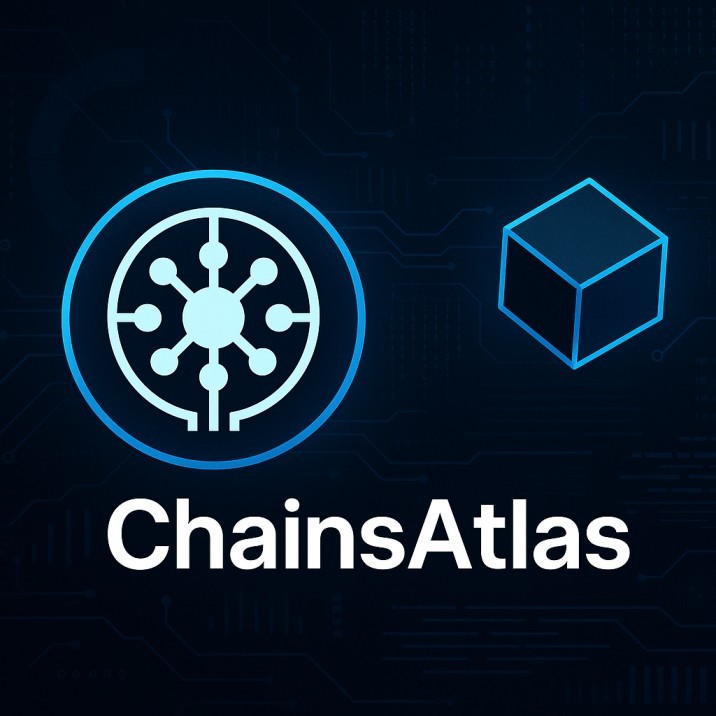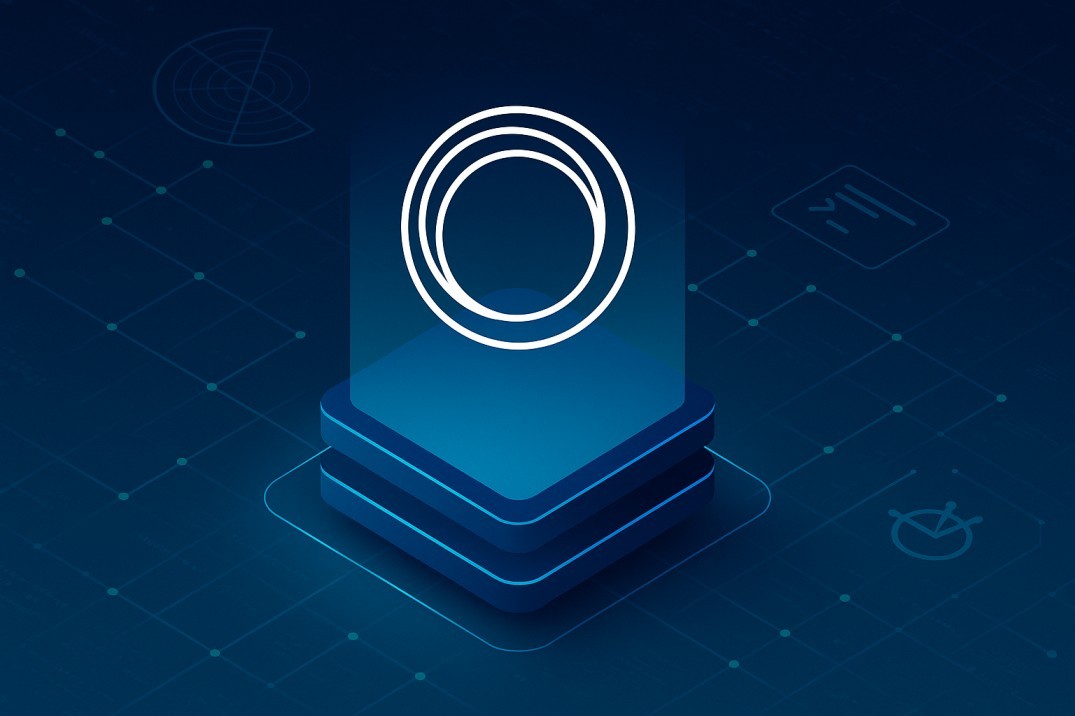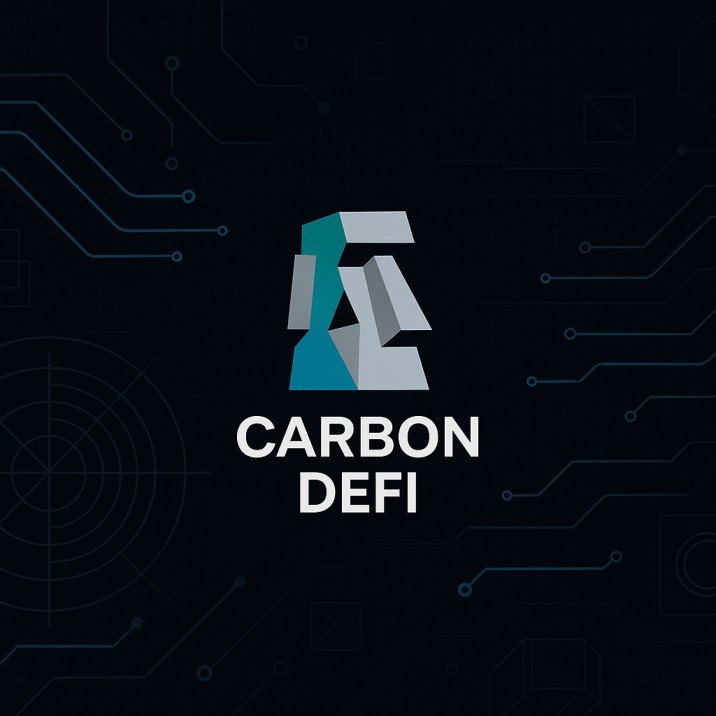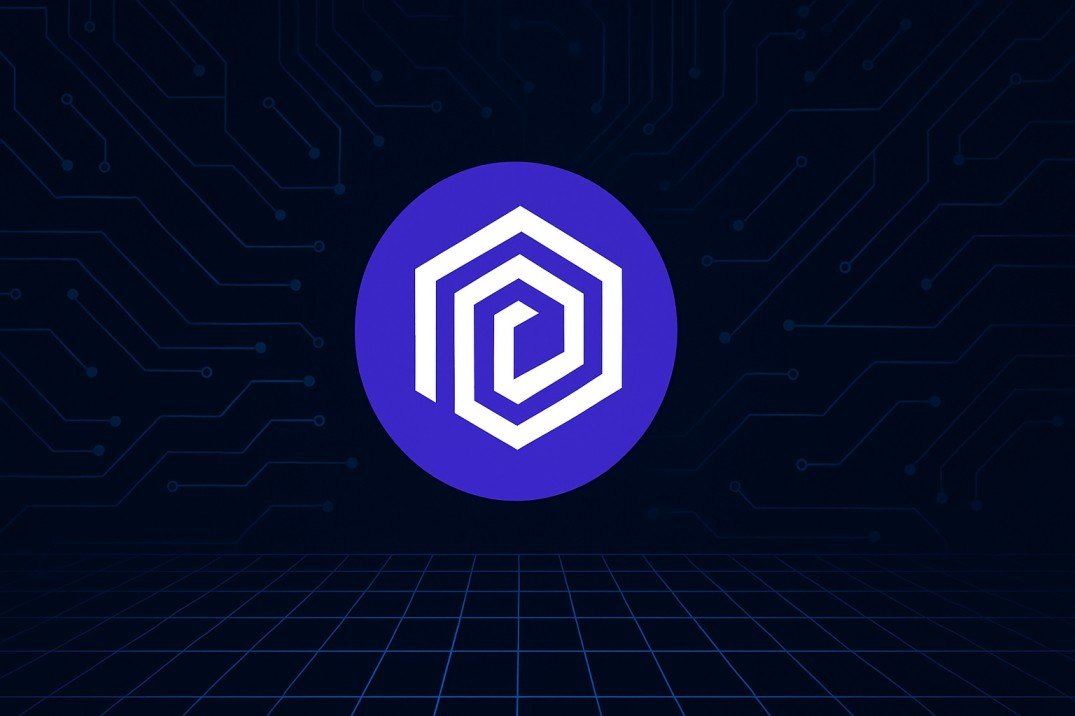COTI’s privacy infrastructure is already reshaping how Web3 apps handle sensitive data. For years, blockchain devs accepted that “public by default” was the tradeoff for decentralization. But 2024 changed that. From on-chain AI to corporate DeFi, privacy isn’t just desirable anymore, it’s critical. COTI saw that shift coming years ago.
COTI V2 steps in as a new kind of Layer 2: fast, compliant, and built from the ground up to support encrypted computation using Garbled Circuits and it’s not just theory, real projects are already building on it. So what does this look like in practice? Let’s break it down. From automation to on-chain AI, no-code tooling to private DeFi, a handful of early builders are showing how COTI’s privacy infrastructure is already being put to work. Here are TOP five rising projects using COTI to unlock use cases that wouldn’t be possible anywhere else.
ChainsAtlas: On-Chain AI That Talks to Every Chain

ChainsAtlas is building something unique: a framework for fully on-chain AI agents that can interact across multiple blockchains. Their AtlasAI tech gives agents the ability to automate tasks, respond to user input, and trigger smart contracts - all without relying on off-chain infrastructure.
COTI’s privacy layer is a natural fit here. By using Garbled Circuits, ChainsAtlas can keep agent inputs confidential, encrypt decision-making logic, and ensure that sensitive interactions aren’t broadcasted to the entire network.
In a world where AI is becoming core to how we use Web3, ChainsAtlas is making sure that automation doesn't come at the cost of privacy. Think DeFi bots, DAO assistants, or personal agents that can act across chains without exposing every step of their logic and because it all runs on-chain, developers can launch agents that are fast, cheap, and fully decentralized. No backend servers. No third-party APIs. Just programmable intelligence, confidential by design.
COTI Agents: Private AI, On-Chain

AI in Web3 is powerful but dangerously exposed. Most on-chain automation runs in the open, making strategies easy to copy, manipulate, or front-run. That’s where COTI Agents step in.
Built on COTI’s privacy layer, these AI agents can execute logic without revealing sensitive data. That means confidential inputs, encrypted outputs, and no surface for MEV bots or phishing exploits to target. Developers can deploy AI that curates data, spots patterns, or even trades without leaking the strategy. It’s like having a personal on-chain assistant that thinks for you, but doesn’t broadcast your every move.
From private DeFi to automated research tools, COTI Agents make real AI utility possible without compromising security or IP.
Carbon DeFi: The First Confidential AMM on COTI

Carbon by Bancor was the first major DeFi app to launch on COTI V2 and it brought real user activity with it. What makes Carbon unique is its asymmetric liquidity engine, where users can set buy/sell ranges and orders execute automatically.
On COTI, those parameters can now be encrypted. Imagine setting a limit order range that’s invisible to bots, or deploying strategy logic that stays hidden until execution. That’s what COTI enables.
For users, that means better pricing and front-running resistance. For builders, it means the chance to write smarter contracts without leaking alpha.
Crafter: Deploy Anything Without Writing Code

Crafter, one of COTI’s first Builder Grant recipients, is building the Canva of smart contracts. The app lets users create NFT collections, encrypted vaults, and custom logic using drag-and-drop modules.
Launching on COTI V2 means all of those apps are built on privacy-by-default infrastructure. Need a time-locked file drop that can’t be previewed early? Crafter handles that. Want an inheritance vault that stays sealed until a trigger condition? Easy.
This is how non-coders get to build private apps and why COTI’s “privacy as infrastructure” model matters.
Learn more here
UCTalent Labs: Private Recruitment on the Blockchain

Web3 hiring is competitive. And it’s messy. UCTalent Labs is solving that with a referral-based system that uses encrypted smart contracts to handle job matching, resume submissions, and rewards, all privately.
Launched on Base and BNB testnets, the platform is migrating to COTI to take full advantage of its privacy guarantees. Employers can’t see applicants unless they meet conditions. Candidates can share credentials without leaking them. Referral bonuses are paid automatically but only if all the boxes are ticked.
In other words, it’s like a decentralized HR backend with none of the data leaks.
Dive deeper into UCTalent’s here
Why It All Matters
None of these use cases would be viable on legacy chains. Not with full transparency. Not with high gas costs. And certainly not without advanced cryptography.
COTI’s bet is simple: privacy isn’t a niche feature. It’s infrastructure. And the more builders plug into that infrastructure, the more the network grows.
By supporting custom rollups (ChainsAtlas), autonomous on-chain logic (COTI Agents), and zero-code deployments (Crafter), COTI isn’t trying to win one category. It’s aiming to be the base layer for an entire category of use cases that Web3 simply couldn’t support until now.
Final Thoughts
COTI V2 shows that privacy doesn’t have to slow us down. In fact, it’s starting to unlock things we couldn’t build before. Whether you’re designing the next DeFi protocol or building tools for on-chain talent networks, COTI’s Garbled Circuits give you something rare: powerful confidentiality that actually works in production.
Web3 is growing up. COTI is making sure it stays private while it does.
ALSO READ: Stay.Coti - Build Private dApps Without Writing a Single Line of Code











